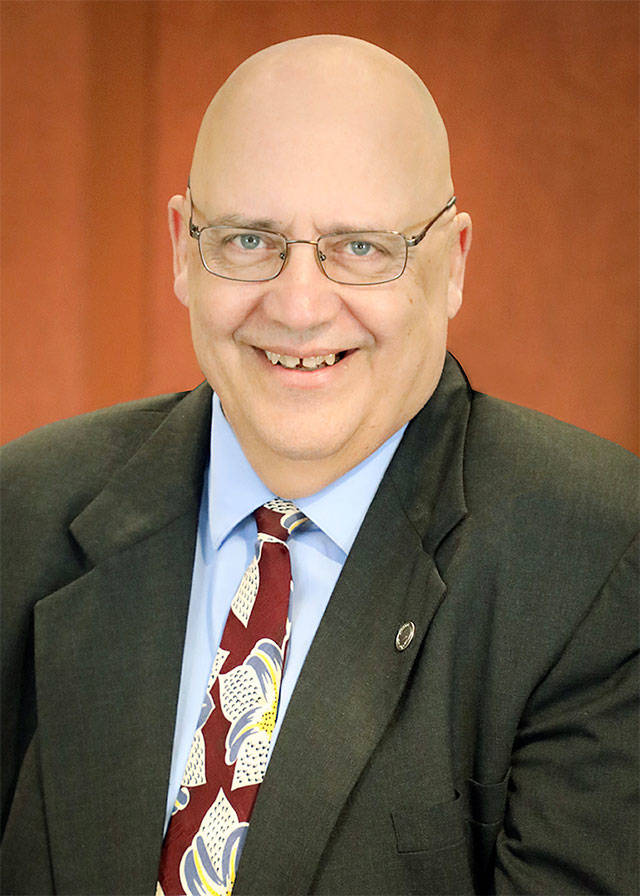Initiative 976 will ask state voters on Nov. 5 to restrict annual license fees for vehicles weighing less than 10,000 pounds to $30 except for voter-approved charges, basing vehicle taxes on the Kelley Blue Book value rather than the manufacturer’s suggested retail price.
Likewise, it will ask voters to repeal authorization for certain regional transit authorities, such as Sound Transit and Transportation Benefit Districts to impose motor vehicle excise taxes.
Supporters describe the Tim Eyman-created initiative as an opportunity to protect themselves from rising taxes.
Large employers, among them Amazon, Alaska Airlines and Microsoft, business groups, city and county officials, unions and environmental groups oppose I-976, arguing it would affect many levels of the state’s transportation infrastructure, cut funding to road construction and maintenance and short the statewide transportation budget by $4 billion over the next 10 years.
Critics also predict the loss of many jobs, and a $60 million hit to cities with transportation benefit districts, such as Auburn.
State voters get their say on I-976 on Nov. 5, the general election.
On Monday, the Auburn City Council passed a resolution opposing I-976, but not without one note of dissent.
Calling I-976 “one of the most dangerous initiatives he has seen,” Councilman Larry Brown suggested a way to school oneself on the capacity shortcomings of the transportation system is to wait for an hour on the I-5 curve any Friday afternoon.
“The problem with not addressing these transportation issues is that along with traffic screeching to a halt, so will our economy,” said Brown, who is also president of the Washington State Labor Council and co-chair of the No on I-976 campaign. “Fact is, if we don’t make these investments that we have planned and voted on both at the Legislature and via ballot measure, we’re not going to have a growing economy; our kids won’t have places to work. “
Yes, said council member Largo Wales, there are horrendously inadequate roads out, and Eyman’s methods are unethical.
“I just don’t believe this is the way to collect the needed revenue,” Wales said.
While the measure was presented to the Legislature as an initiative in the most recent session, lawmakers declined to act on it, so it goes to voters in November.
Monday’s vote was the culmination of a discussion that began last week. On that occasion, city attorney Steve Gross’ noting suggested continuing the discussion and decision to a later meeting, when all members were present, and to give opposing voices from the public a chance to comment. But nobody from the public did.


